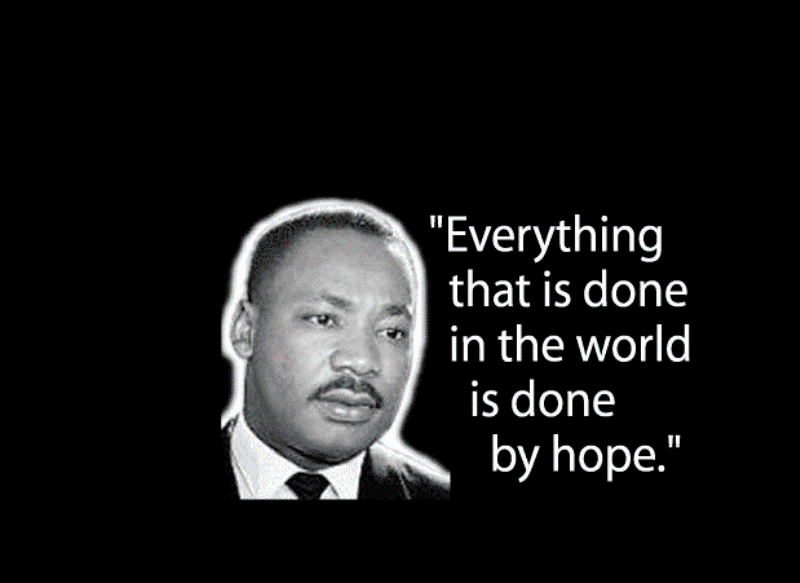“If you have come to help me, you are wasting your time.
If you have come because your liberation is bound up with mine, then let us work together” (Lilla Watson)
Updates from social services
Giving New Confidence and Self-esteem: The Anglican Trust for Women and Children in Auckland reports their Camp Orama gave mother Leastra Davis the chance to deal with her fears and insecurities while being with her children, who she had just recently lost custody. She was able to be there as her 8 year old son stood up in front of everyone at the camp to tautoku visiting kaumatua. In her own words she says how “being on the camp and receiving so much positive feedback has a had huge impact on me and I have come back feeling more confident and stronger.”
Continuing Anxiety and Family Stress: The Christchurch Methodist Mission reports that the recent Kaikoura earthquakes have highlighted that many children in Christchurch are continuing to struggle with anxiety. This is one of the key areas the CMM Community Response Team is dealing with in their work with primary and intermediate schools in Christchurch. While there is DHB help for children with severe anxiety, those with moderate anxiety do not qualify and the team seeks to work with the children and their families to build resilience and learn skills to cope with the on-going effects. While the number of schools they are working with are reducing, the remaining work is becoming more intensive in focusing on complex issues for families such as housing, lack of income, social isolation, relationship and parenting problems. The social and community worker teams are also putting a greater emphasis on supporting vulnerable families with children with special needs.
Spark of Life for those living with dementia: Presbyterian Support Otago is one of the New Zealand aged care organisations implementing this approach in New Zealand. The Spark of Life approach works by focusing on effectively meeting the emotional needs of people with dementia – to feel appreciated, joyful, loved, and involved. When practiced by trained carers, the approach results in people experiencing improvements in memory, language, communication, social interactions and behaviour.
With more than 60,000 people currently living with dementia and the number expected to increase greatly in coming years, there is a growing need for aged care and the wider community to better understand how to support people to living well with this disease.
Prison Literacy Programmes help to reduce re-offending: In Dunedin, Methodist Mission Southern offers a series of literacy programmes that help people in prison learn to read so that they can pass a drivers license – driving without a license is one way they end up re-offending. Another programme, Intensive Literacy and Numeracy, focuses on preparing prisoners for industry training opportunities, while StoryBook Dads help fathers to connect to their children and whānau. The men read a children’s book and record a personal message onto a DVD that is then sent home to their child, along with a copy of the storybook, and a ‘storysack’ full of activities hand made by the men that relate directly to the story and create further opportunities for engagement.
The Soup Kitchen The Sisters of Compassion have been running the soup kitchen in Te Aro Wellington since 1901. More than a hundred years later, breakfast and dinner are still offered to those in need but they can also find support, advocacy and opportunities to bring dignity and control into their lives. The Soup Hub offers access to computers and training as well as help with preparing CVs and job applications. There is also a community garden at Owhiro Bay that is looked after in by a weekly outing those involved in the Soup Kitchen.
 The Foodbank Project: The Salvation Army and Countdown are combining to run The Foodbank Project that encourages shoppers to donate women’s sanitary products, which are often things that women struggle to fit into their budgets as they struggle to get by on low incomes. Last year when the initiative was launched with the support of MP Louisa Wall, she pointed out that sanitary products are not a luxury but some women end up staying home during their periods or put their health at risk by using makeshift solutions because they cannot afford to buy the expensive sanitary products.
The Foodbank Project: The Salvation Army and Countdown are combining to run The Foodbank Project that encourages shoppers to donate women’s sanitary products, which are often things that women struggle to fit into their budgets as they struggle to get by on low incomes. Last year when the initiative was launched with the support of MP Louisa Wall, she pointed out that sanitary products are not a luxury but some women end up staying home during their periods or put their health at risk by using makeshift solutions because they cannot afford to buy the expensive sanitary products.
Pam Waugh from the Salvation Army reports that to date more than 11,000 products have already been donated but more are needed. During the fortnight ending 5th April, Countdown is offering a special price on its products and encourages customers to be generous in donating products at the Food Rescue bins in store or online.Countdown itself has donated $5,000 worth of products to get things started.

